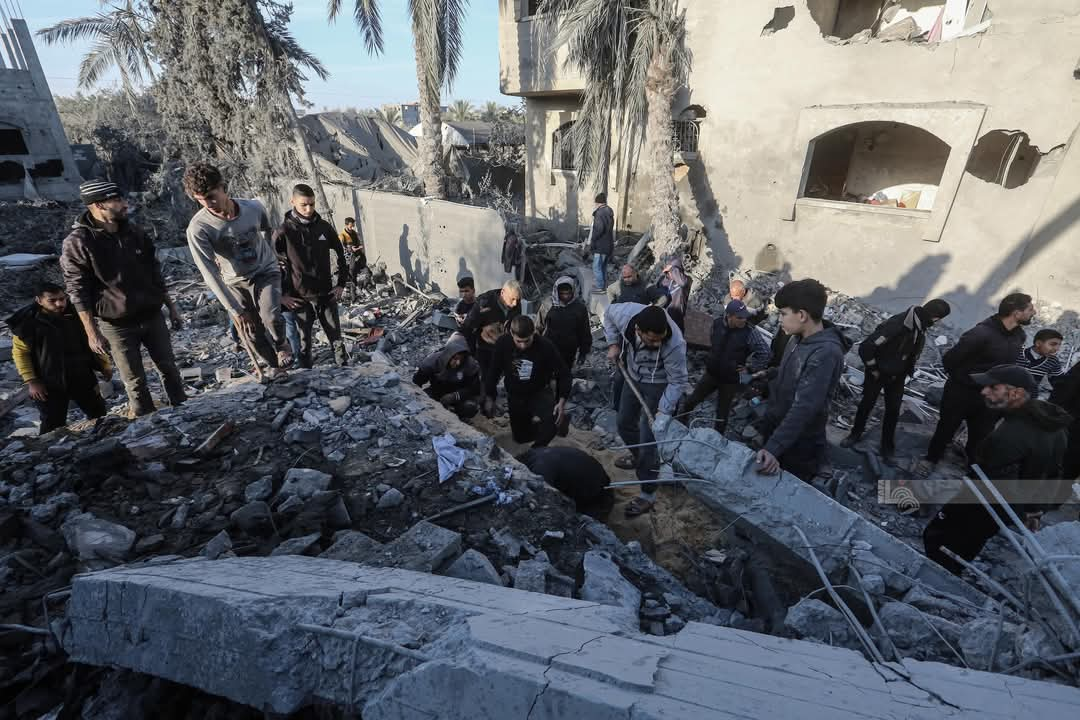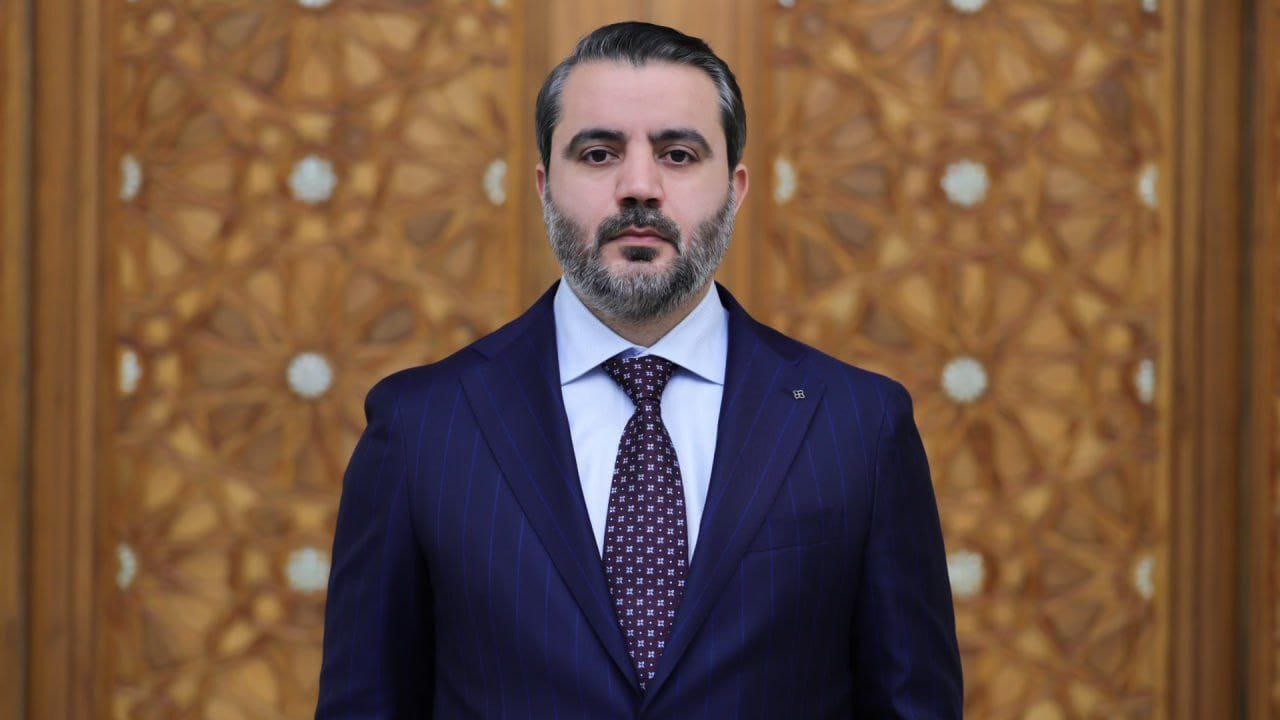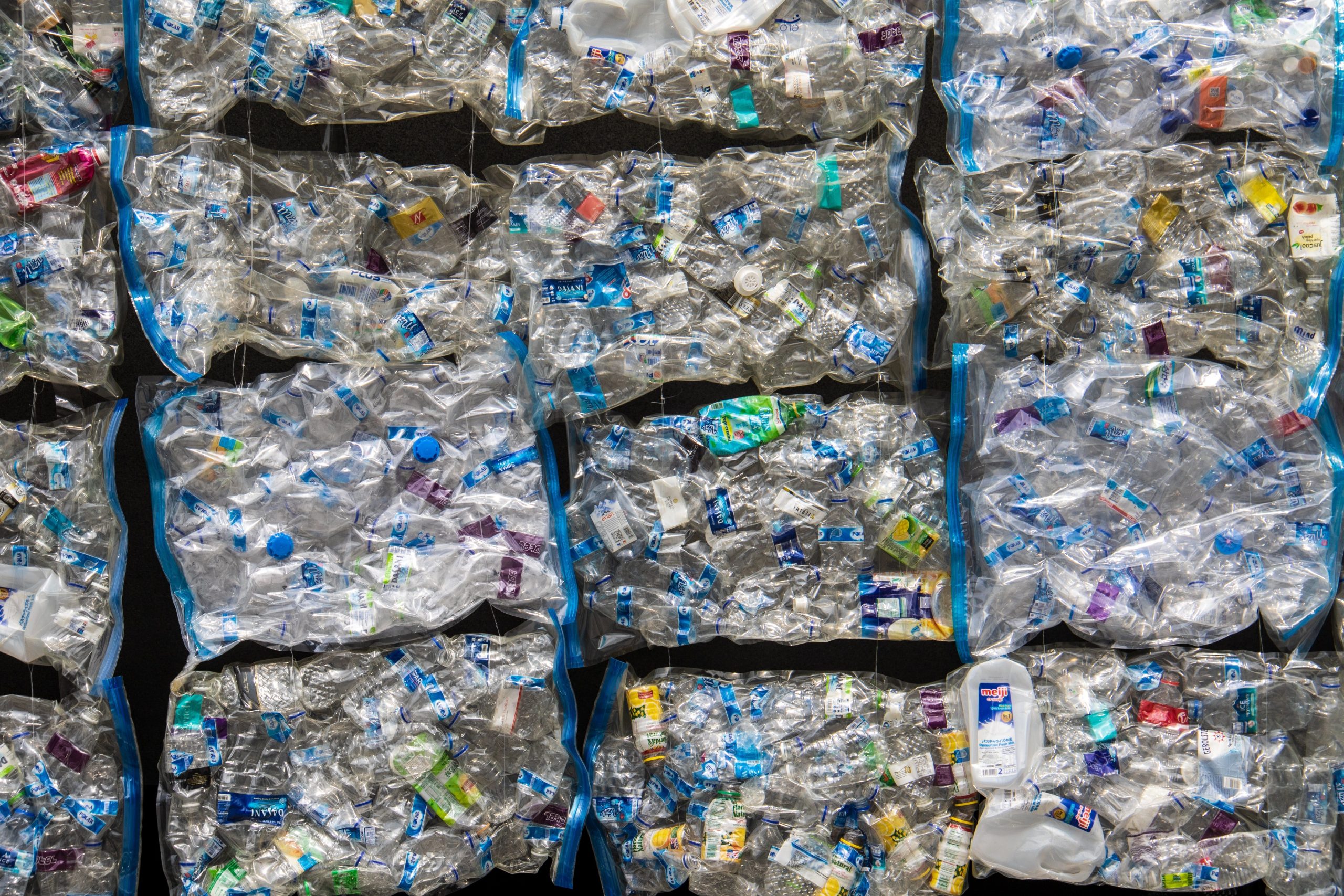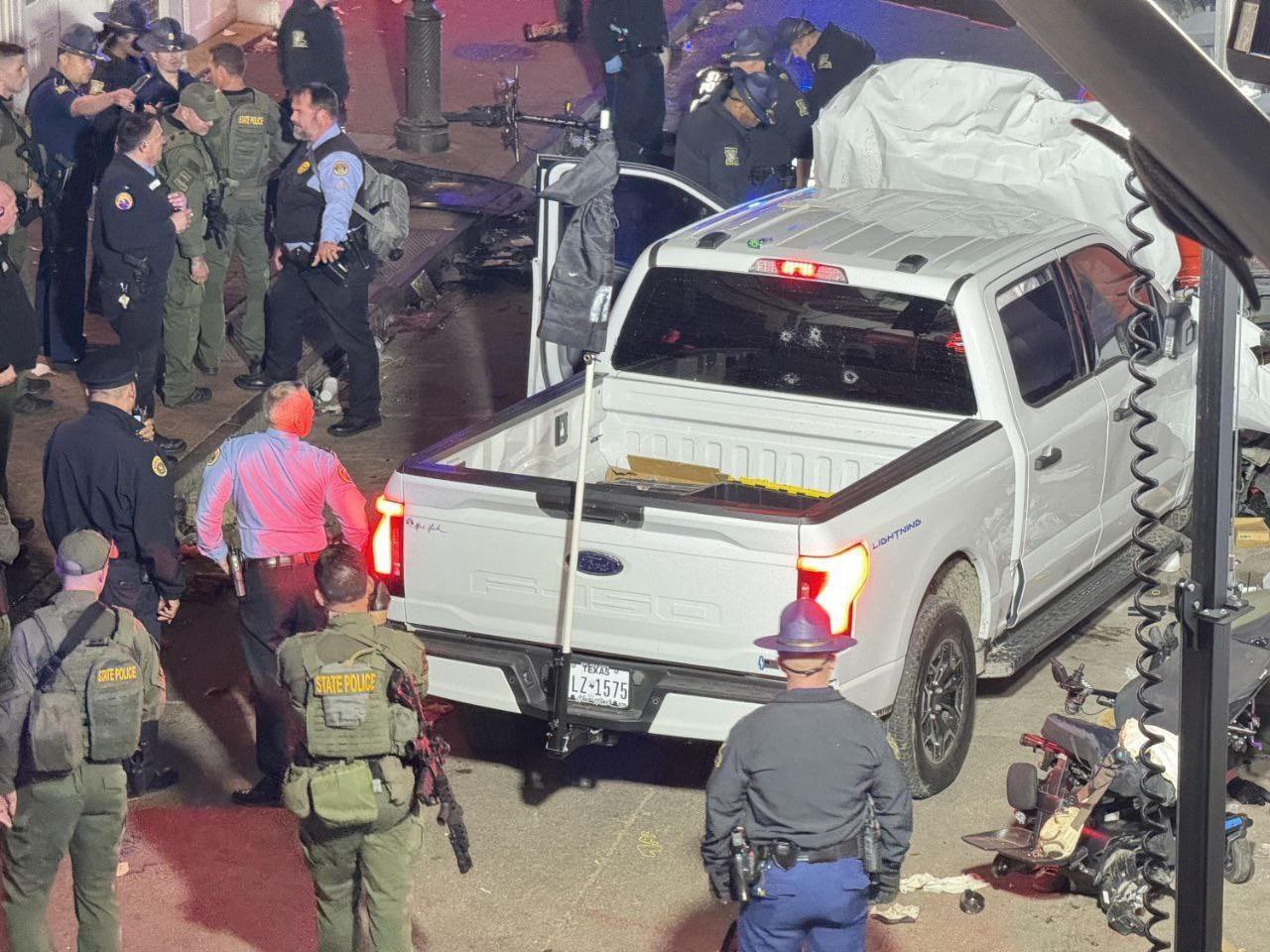Experts believe a failure in the nuclear talks poses risk of a fresh regional war, with the Zionist regime threatening military action against Iran.
The United States has delivered its response to the latest draft put forth by the European Union regarding the revival of the landmark 2015 nuclear deal, as part of fresh indications that a deal may be within reach.
“As you know, we received Iran’s comments on the EU’s proposed final text through the EU. Our review of those comments has now concluded. We have responded to the EU today,” State Department Spokesperson Ned Price said in a statement on Wednesday.
Iran’s Foreign Ministry Spokesperson Nasser Kanaani confirmed on Wednesday that Tehran has received the US response via the EU coordinator and a detailed review of the views is underway.
The Islamic Republic will announce its stance to the EU coordinator upon the completion of the study, Kanaani added.
Tehran delivered its response to the EU draft last week, calling on Washington to exercise more flexibility to resolve three remaining issues, two of which “have been orally accepted” by Washington, however Tehran insisted on including them in the text.
A final agreement to resume the implementation of the 2015 nuclear deal, formally known as the Joint Comprehensive Plan of Action (JCPOA), is inches away, should the US side “accept” a number of requirements from the Iranian side, according to Islamic Republic News Agency (IRNA).
Iran’s foreign minister said on Monday that Tehran has demonstrated enough flexibility and the “US knows this” and that it is now Washington’s turn to show flexibility, reports said.
The EU had said its proposal was the “final text”, which was submitted to the parliament on 8 August, essentially announcing a pause to negotiations.
The potential restoration of the nuclear accord could see the release of billions of dollars in frozen Iranian funds as well as oil exports in return for Iran’s reduction of nuclear programme activities.
The EU proposal, according to people familiar with the matter, allegedly stipulates the lifting of sanctions against 150 economic institutions and 17 Iranian banks the day after a new agreement is signed, reports revealed.
It also says Tehran will “immediately begin to reverse the steps it took to advance its nuclear technology, which is now beyond the scope of what the United Nations nuclear watchdog, the International Atomic Energy Agency (IAEA), and the deal’s original signatories say is acceptable,” the report added.
Washington unilaterally abandoned the JCPOA in May 2018 under the Trump administration’s “maximum pressure” campaign on Tehran. In turn, the US restored crippling sanctions, prompting Tehran to abandon restrictions on its nuclear programme about a year later.
Iran’s stockpile of enriched uranium now stands at 60% enrichment, which reports said is “its highest ever and a jump from the 3.67% limit set out by the JCPOA.”
Iran will also be able to export 50 million barrels of oil per day within 120 days of the deal’s signing. The sources, who spoke on the condition of anonymity, added that the agreement also calls for the release of $7 billion in Iranian cash that are currently being held in South Korea.
Should the US withdraw from the nuclear accord once more, it will also be required to pay a fine, the text states, according to the anonymous sources.
This has been a sticking point for the Iranian side as it continues to demand assurances be put in place to ensure it receives compensation should any future US administration abandon the JCPOA.
After almost 16 months of combined stalled and indirecte nuclear talks between Iran and the US, John Kirby, spokesman for US National Security Council said “we are closer now than we were even just a couple of weeks ago because Iran made the decision to make some concessions, so that’s a positive step forward.”
“But I would add very quickly, and we said this not long ago: Gaps remain. We’re not there yet,” he added.
Iran and the International Atomic Energy Agency
Tehran will not let inspections beyond those specified in the 2015 nuclear deal, said Mohammad Eslami, head of Iran’s Atomic Energy Organisation on Wednesday, according to a video carried by state media, Reuters reported.
“We are committed to inspections in the framework of the nuclear deal that are linked to nuclear restrictions which we have accepted in the past […] Not one word more, not one word less,” he noted.
In order to revive the agreement to rein in Tehran’s nuclear program, a senior US official told Reuters on Monday that Iran has allegedly dropped some of its main demands, including its insistence that international inspectors close some investigations into its uranium enrichment programme.
Eslami, according to the IRNA, refuted such claims, declaring that if the JCPOA is restored, the investigations should be closed “before the implementation day.”
Iran has urged that the IAEA must retract its allegations regarding Tehran’s nuclear programme in order for the nuclear accord to be saved. The Islamic Republic’s demand is seen by Washington and other western countries as being “outside the scope” of the deal’s revival, Reuters reported.
A resolution criticising Iran for “failing to provide an explanation for uranium traces discovered at three unauthorised sites” was overwhelmingly approved by the 35-nation Board of Governors of the UN nuclear watchdog in June. The resolution was written by the US, the United Kingdom, France, and Germany.
Eslami reiterated Tehran’s assertion on Wednesday that the occupying state of Israel and “exiled Iranian dissidents” were behind claims of “unexplained” uranium traces, according to IRNA.
In response to the resolution, Iran constructed cascades of more effective and sophisticated centrifuges, Reuters alleged, and substantially removed all of the IAEA monitoring equipment that had been set up in accordance with the 2015 pact.
This further expanded its underground uranium enrichment, the report said.







